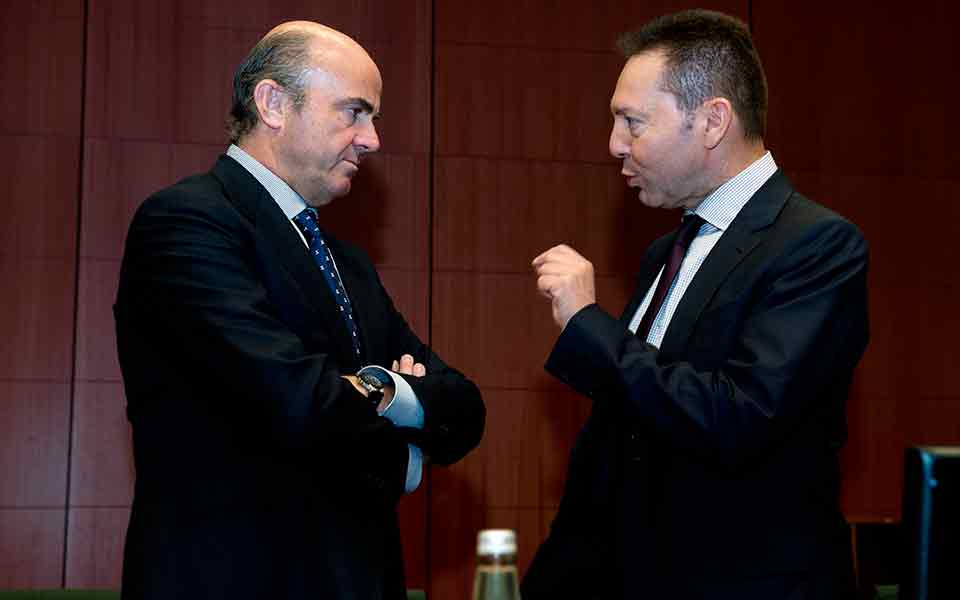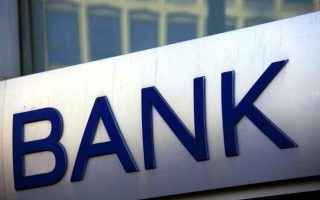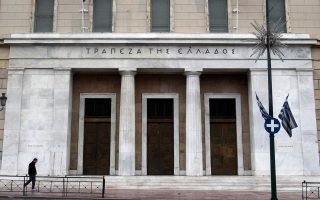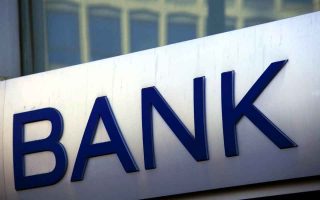NPLs are economy’s weakest link

European Central Bank Vice President Luis de Guindos warned on Monday in Athens that the high level of nonperforming loans held by Greek banks represent the soft underbelly of the country’s economy, stressing that all instruments should be used for their reduction.
However, the activation of the Hercules scheme continues to hang on resolving the question of the provision (or not) of any additional collateral by the Greek state so that the senior bonds to be issued will be considered zero-risk.
Sources say that the ECB’s Single Supervisory Mechanism (SSM) is continuing to press for those guarantees while the state refuses to set aside any cash from bonds or the cash buffer for that purpose.
A Finance Ministry source argues that the matter will eventually be tackled on an individual bank level when each lender addresses the regulator for the assessment of its portfolio.
Speaking at an event organized by the Foundation for Economic and Industrial Research (IOBE) and the Konrad Adenauer Stiftung, de Guindos stressed the need for banks’ financial balances to be cleared of bad loans, while Bank of Greece Governor Yannis Stournaras agreed, saying that even after the reduction of NPLs to below 20 percent of all loans by the end of 2021, as the plan dictates, the rate will be five times the European Union average.
The Hercules asset protection scheme, Stournaras said, is an important step; however, he reiterated that it has to be complemented by other plans, such as that proposed by the central bank in the past.
According to January-September data, the NPLs added up to 71 billion euros, or 42.1 percent of all credit.
De Guindos and Stournaras, as well as Finance Minister Christos Staikouras, who addressed the same event, spoke in favor of a closer unification of Europe in the fiscal and credit sector, expressing concerns because progress on those fronts has stopped.
Monetary policy should be supported by fiscal policy, they argued, clearly distancing themselves from the conservative view of member-states such as Germany, which insist on vetoing any idea of fiscal easing.
As for the growth rate of the Greek economy, Stournaras estimated that it came to 2.2 percent in 2019 and will rise to 2.5 percent this year and in 2021.





